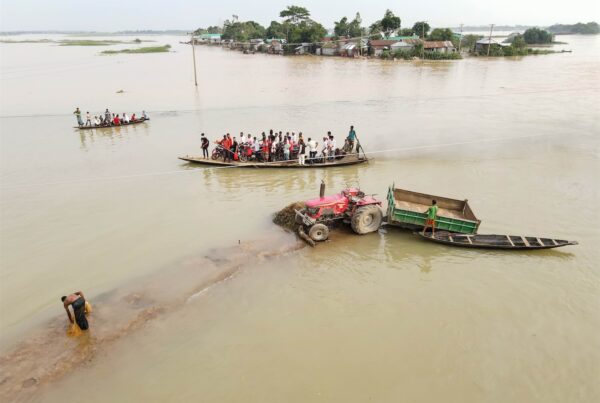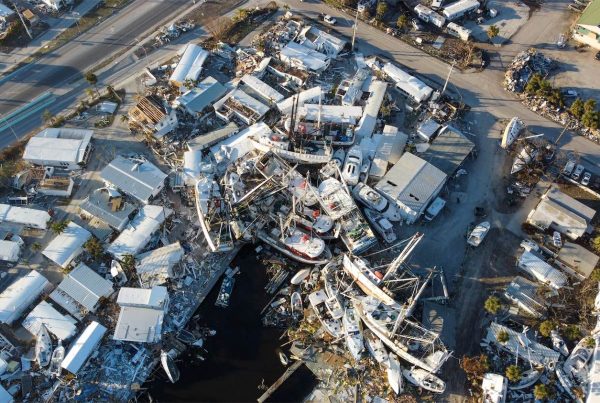MARRAKECH: At the entrance to Marrakech Menara airport, banners are plastered across the walls reading “COP 22, Marrakech 2016”. This isn’t a reminder of a recent music festival or the Olympics, but recognition of November 2016 when the country played host to the the 22nd Conference of Parties (COP 22) climate change and disaster risk reduction conference. Like many countries, Morocco’s economy is highly vulnerable to the impacts of climate change and likely to see an increase in disaster events in the future.
As I jumped online to learn more about COP 22, I discovered something quite interesting – Morocco is the first country to trial the World Bank’s Program-for-Results funding model for a disaster management and resilience project. It’s an opportunity to encourage the country to become more resilient to disasters through financial incentives.
- Building physical resilience by investing in risk reduction activities
- Introducing disaster risk insurance to increase financial resilience – poor households in the country will have access to compensation for personal injury or when they lose their home.
- Building institutional resilience – the country has re-focussed its natural catastrophe funds from disaster response to disaster prevention.
I’ve witnessed five serious road accidents since arriving in the country three weeks ago, and almost been involved in two other crashes. The country averages close to 7,000 deaths a year on their road network for a population of 35 million. But the big risk for Morocco is flooding and with the population living largely in coastal areas, the risk to residents will increase with the impacts of climate change.
Read more at: http://projects.worldbank.org/P144539?lang=en







